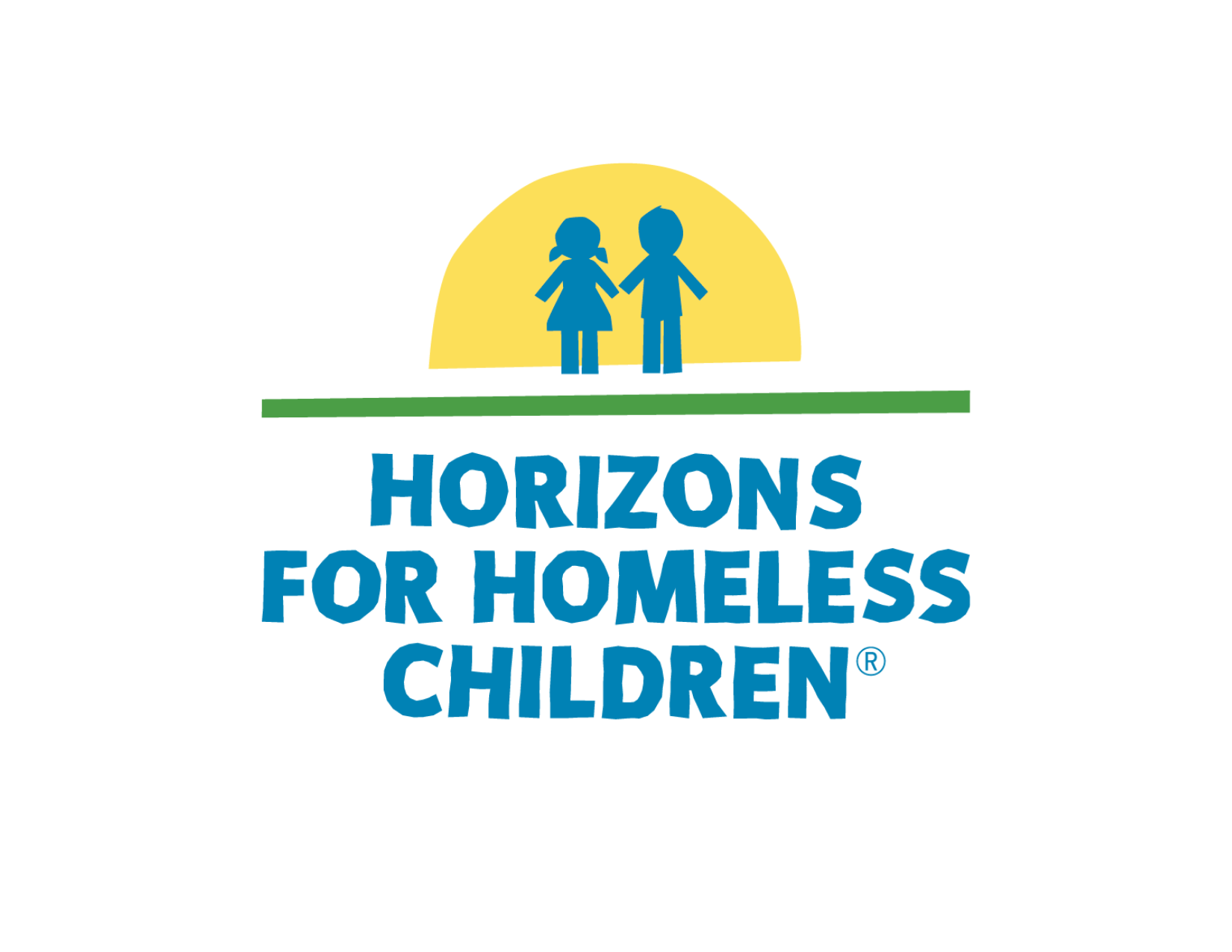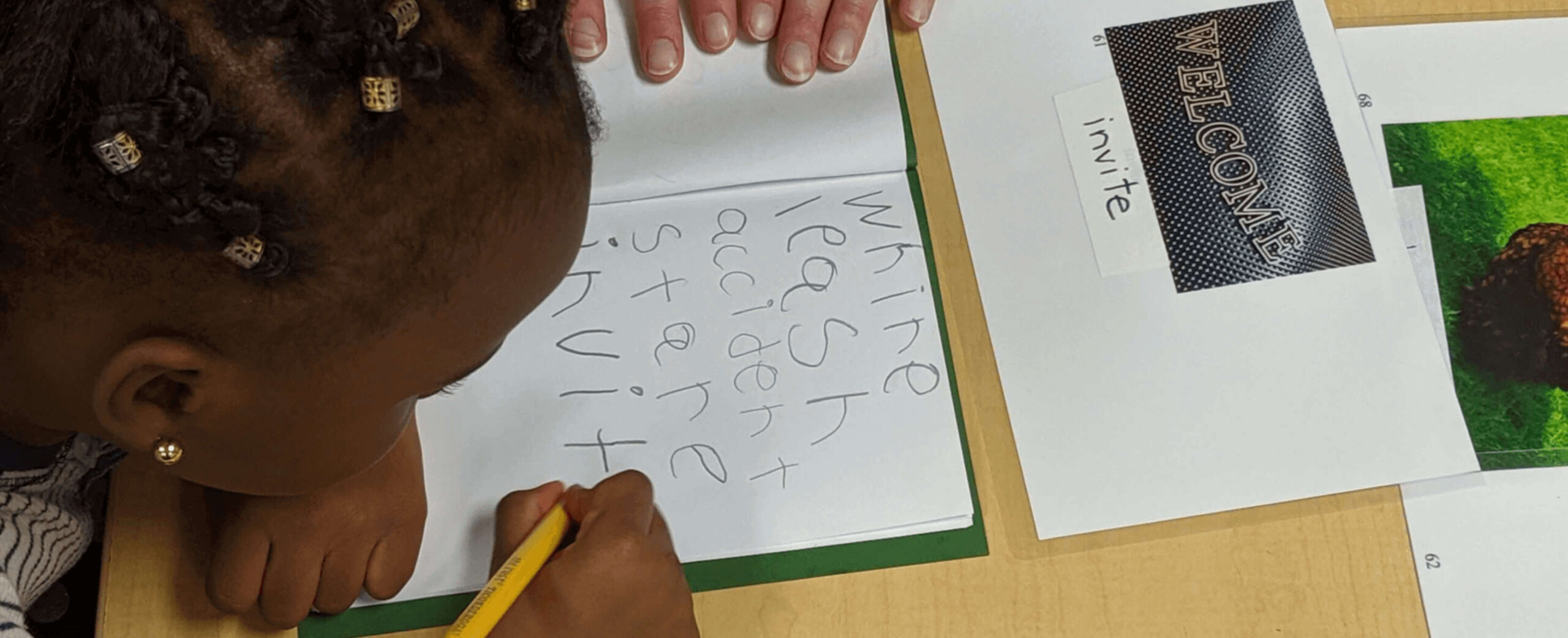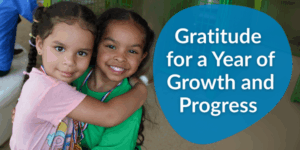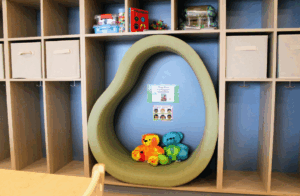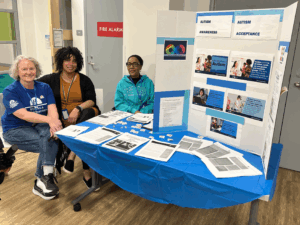Universal Pre-K at Horizons
- by hhc_admin_1
When homeless children first enter the Horizons educational programs, many are developmentally behind. The stresses and trauma of an unstable home life takes a toll on a child’s learning abilities in their most formative years.
“One of the things that’s unique to our programs – to Horizons itself – is that as we work with children who have experienced trauma, it takes weeks sometimes months to be able to reach a child,” confided Greg Bien-Aime, an educator at Horizon’s Jamaica Plain Early Education Center. “You have to make a friend before you can say the ABCs together.” Social emotional development is an essential part of the work Horizons teachers dedicate their time to, ensuring each child has the individual support they need to succeed.
Without early scholastic opportunities and encouragement, children affected by homelessness often experience educational gaps that impact their long-term relationship with learning and academic growth. Horizons works to combat this, assuring every child in the early education program is nurtured and developmentally prepared to join their classmates in kindergarten when the time comes for them to transition into school.
In a breakthrough in educational development, Boston’s Mayor Marty Walsh recently announced Universal Pre-K for the city. Referred to by educators as “UPK,” the program is designed to guarantee equitable access to free, high quality education for every four-year-old resident. Horizons was quick to pursue this opportunity through grant funding for its numerous students who would benefit the most from this system-wide learning module.
The Universal Pre-K curriculum, in conjunction with Horizons services, helps to further level the educational playing field for disadvantaged children. When widely adapted, UPK will ensure all four year olds in Boston – no matter their economic backgrounds, privileges or obstacles, have the same baseline for education that will set every student on a path to lifelong success.
Horizons was specially selected through Boston’s Expansion Grant to receive funding and support to implement UPK, meeting all the standards and requirements needed to satisfy Boston Public Schools’ expectations. The pilot program is currently in the process of being successfully adopted in Horizons’ Jamaica Plain Early Education Center.
The UPK Curriculum has reportedly integrated seamlessly with the Horizons Pre-K programs currently in place, offering teachers more resources, tools, and support for class structure and quality measurement.
“The children have gotten used to the routines and scheduling of the curriculum and will implement them throughout the day without even being asked,” confirmed Lisa Crowley, the center’s Lead UPK Teacher. “At 11 o’clock they know it’s small group time, and they are really quick to clean up because they’re excited for those activities.”

“We really like how deliberate it is.” Greg added. “The UPK program is helping us focus on the curriculum pieces that are most beneficial for this age group. For example – we used to use the calendar, we used to really drive home days of the week. When we went to UPK training, they reinforced that children this age don’t understand the concept of days of the week – they understand yesterday, today, and tomorrow.”
Ongoing training and resources have been a crucial benefit to Horizons’ teachers in their success in integrating Universal Pre-K.
“We’re taking UMass courses online and we also have professional development with UPK and Boston Public Schools,” Lisa shared. “We also have each other, and our UPK coach who has been visiting consistently to ensure a smooth transition of the program.”
The program’s focus matches national models in early childhood education:
- Reading and comprehension levels are developed through read-aloud sessions, songs, letter recognition, and word play.
- Mathematical and problem solving abilities are honed through building blocks and hands-on activities.
- Collaborative thinking and the foundations of teamwork are established with group work and cooperative play.
- Complex emotional development, empathy, and comprehension are supported with lessons and stories emphasizing family dynamics, friendship, and nature.
The structure and resources have provided educators with more tools for creating lesson plans while they continue to be researchers in their classroom to ensure the pilot program is adopted as intended and effective for their students’ academic growth. The focus of the program has also inspired teachers with an infectious energy through ‘ah-ha’ moments that has bolstered the kids’ enthusiasm for learning.
“Kudos to Mayor Walsh for recognizing that high-quality early education prepares children to enter school ready to succeed and positively influences the health, economic, and social outcomes of society,” said Horizons CEO, Kate Barrand. “At Horizons, our focus is on children who have experienced homelessness and we’re proud to be able to offer our services so that they are even better aligned with what children will experience in kindergarten.”
This piece was written by Andrea Drag, a regular contributor to Horizons’ Blog.
